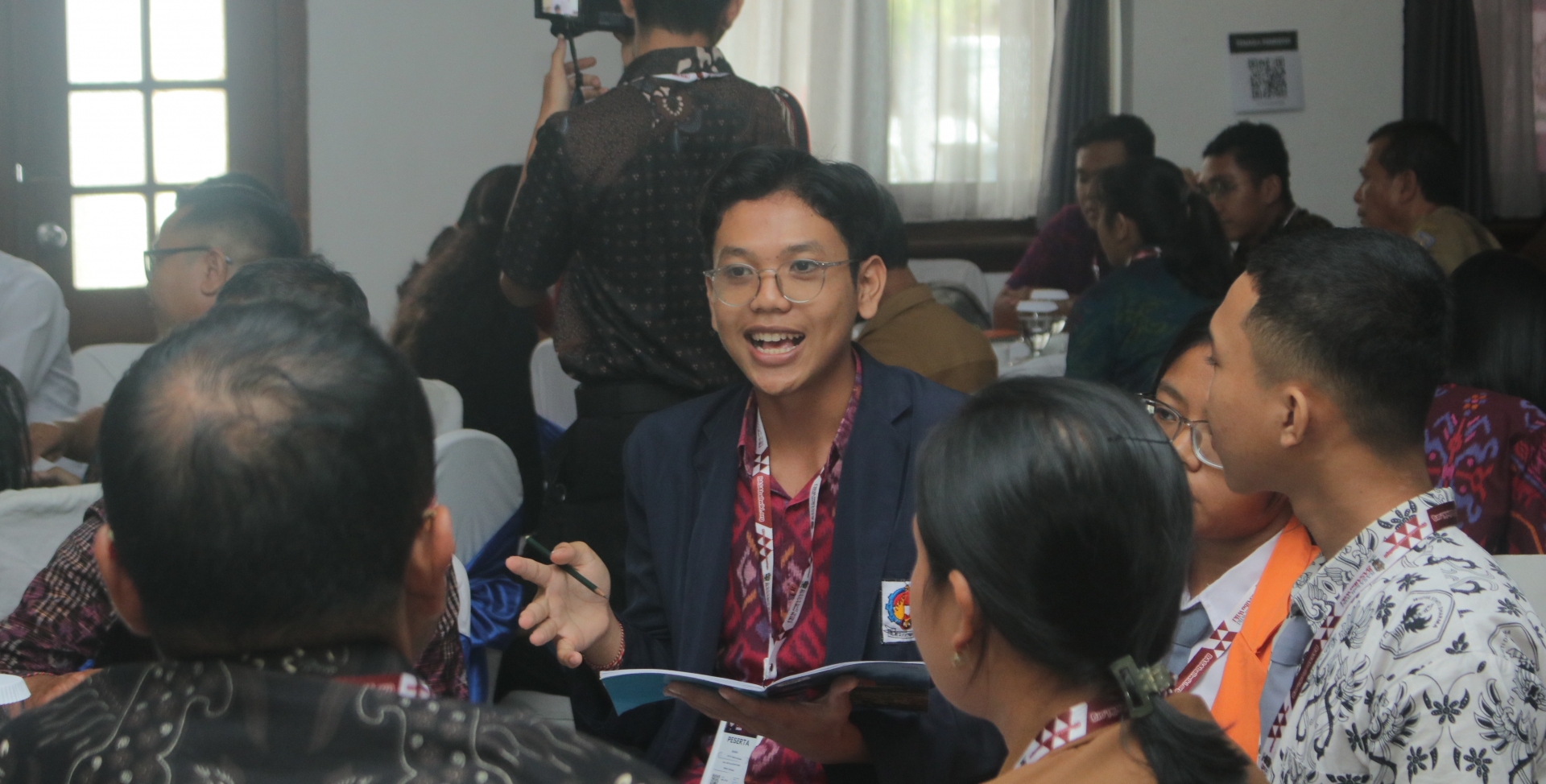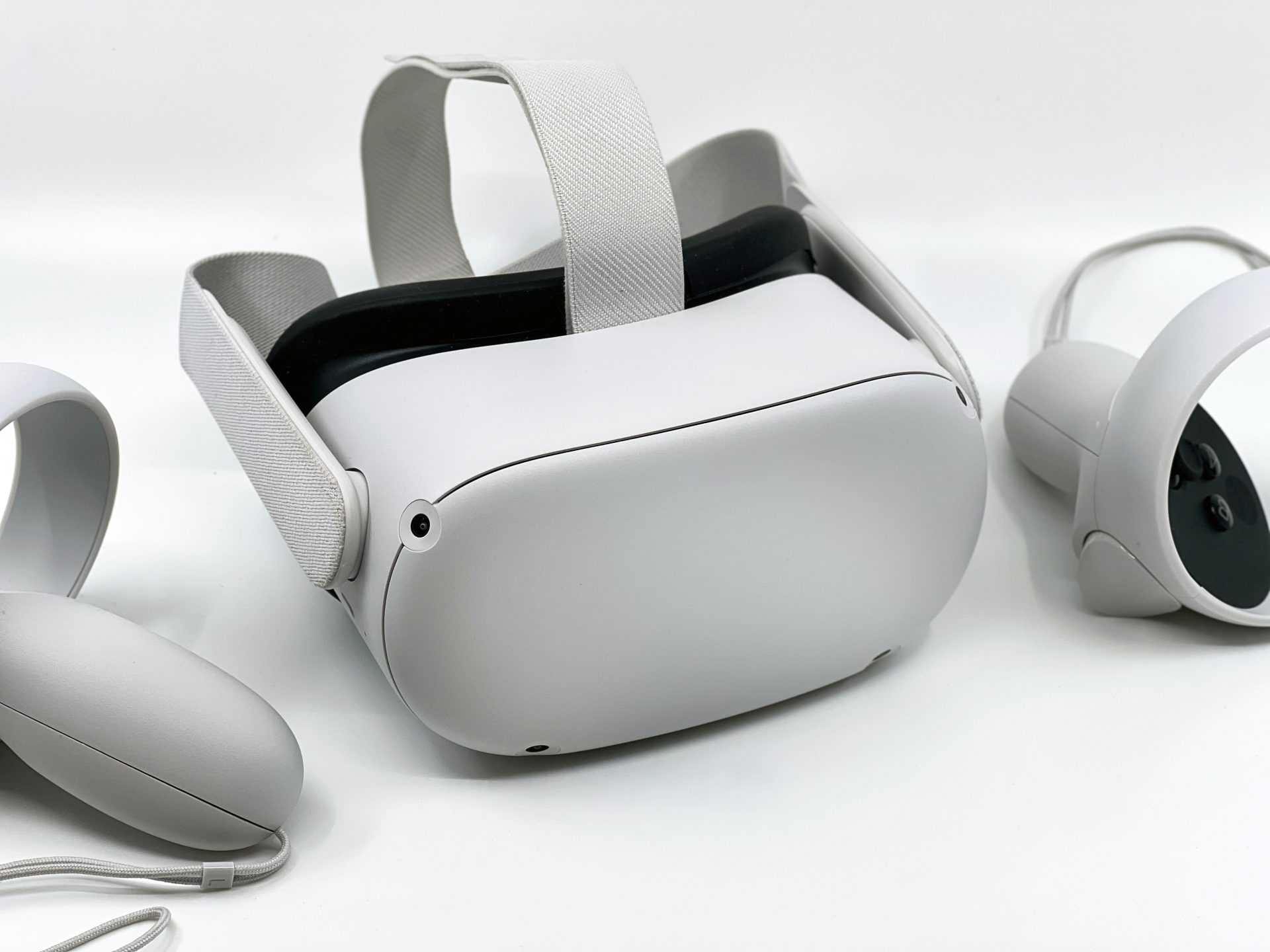Achieving Real Systems Change through Government Engagement
It’s easy to think that you are making headway with changing systems when in fact all you are doing is changing the behavior of individuals. But it’s possible to shift how institutions operate if you take a more collaborative and integrated approach.
Until recently, when we helped young Indonesians to participate in civic issues and government officials to hear young voices, we thought we were changing how young people influenced governance and how government institutions made decisions. Over the last five years, thousands of young people from two Indonesian provinces regularly participated in our public participation wikithons, either by submitting entries or by responding to entries submitted by others. Policymakers from multiple government agencies sat on wikithon juries and publicly responded to young people’s suggestions.
And yet the way government worked didn’t really change. The reason? We were focusing on individuals not systems. When policymakers moved to new positions, we were often back to square one. When young people aged out of high school or university, it was much harder to keep them engaged. And this was despite having 4 million people regularly using our online platforms.
Government and youth have different ideas about what civic participation should look like. To change underlying behavior, we learned that they need to have shared rules and shared goals. They need to work together to design and implement public participation mechanisms around issues of mutual concern and have feedback mechanisms to evaluate and make improvements.
We figured this out when we organized a Youth Conference in May 2024 with 100 young women and men leaders representing each district in Bali, one of the Indonesian provinces where we work. Along with youth, we invited policymakers representing 18 different provincial-level agencies and 50 teachers committed to promoting civic participation in their schools. The Governor of Bali sent his blessing. The conference was opened by one of the Balinese representatives to the national parliament and a former Indonesian ambassador, public participation scholars and youth leaders were among the key speakers. After two days of capacity-building workshops, simulations of models of engagement, and facilitated discussions, the stakeholders agreed on a new path forward to enable meaningful youth participation to fill in gaps in the existing government public participation system, and agreed to evaluate the new pathway in the context of four key issues that the participants identified as priorities.
In doing so, we shifted our focus from encouraging individuals to participate to changing how systems operate. These are the six steps we used to get here:
Establish one set of priorities and goals
In a system where government is entrenched youth are skeptical, we first needed to prove that it is beneficial for both parties to work together. We accomplished this through a series of online ‘wikithons’. Wikithons are competitions to solicit input and participation of youth around issues that the community identifies as important. Wikithons are held in local languages, on community-developed wiki platforms. Policymakers, experts, and youth leaders serve on the jury and publicly respond to wikithon entries, ensuring that young people not only have a chance to speak out, but also to be heard. Young people favor the wikithons because they offer direct lines of communication with the government. Meanwhile, the policymakers like the wikithons because they allow them to be informed by youth on matters affecting youth’s lives, in ways that conventional systems in Indonesia have not been able to facilitate.
Develop institutional relationships over time
We had a good working relationship with the governor of Bali until his term ended in late 2023, and we then built a new relationship with the next governor. It was the same situation with the changing leaders of student councils and NGOs. Now, by establishing institutional relationships with government agencies and student councils, and not just individuals, we have developed ongoing partnerships with these stakeholder groups, regardless of changes in their leadership. This took us about three years of consistent engagement with multiple parties in each institution.
Level the playing field
By inviting youth and government to a ‘neutral’ space, whether online or in-person, both groups come as participants, without the potential power imbalances that come with hosting a meeting. In this space, youth and government can dedicate their time to exchanging ideas in a collaborative way, respecting traditions while also breaking free from formal strictures to foster real communications and greater inclusivity and equality. For example, government officials would be seated interspersed with young people, which is uncommon in Indonesia where a hierarchical approach is the norm. In addition, most of the young people are usually women, a stark contrast to the overwhelming majority of male policymakers. All are given equal voice, which helps to address age gaps and gender dynamics. We also replace the endless formal speeches that characterize Indonesian meetings with a few pointed words by several young leaders and older statesmen. Our goal is to make the space welcoming and to facilitate a shift in thinking both individually and collectively.
Provide capacity-developing building blocks
To avoid the risk of participants interacting in the same patriarchal and hierarchal patterns, we started the Youth Conference with a simulation. We asked participants to assume a role other than their own and to try to negotiate an agreement. An Indonesian public policy expert and a journalist then debriefed everyone on the exercise, developing negotiation capacity while leveling the playing field among participants. This encouraged a much more meaningful and generative discussion during the rest of the conference.
Encourage collective exploration and experimentation
Even within structured sessions, we urged participants to work together to explore and test different ways of improving youth civic participation. We emphasized the need to experiment and involve peers in monitoring and evaluation, underscoring that the improvement of systems requires reflection, refinement and iteration. We also advocated for improving the current public participation system rather than going the more difficult and time-consuming route of dismantling the existing mechanisms. Government and youth worked together during the conference to find pathways that would change the existing government system and can be further modified in the future. The framework includes regular evaluations that involve all of the stakeholders in addition to publicly broadcast updates on the outcomes of wikithons.
Emphasize process over product
Two of the near-term objectives for the Youth Conference were to identify priority issues to focus on for the next year and to agree on a process that would better engage youth in public participation than the current system does. The longer-term goal was to reset the way youth and government interact with each other so the norm for communications becomes a constructive and inclusive intergenerational exchange of ideas.
These steps have begun moving our work from individual projects with individual people to a systems-level initiative aimed at changing the behavior and norms of institutions to be more inclusive and equitable. We can see significant changes already and expect those changes – and future improvements driven by this new process – to allow the government to more effectively represent the interests and aspirations of Indonesia’s next generation.
Article by
Ni Nyoman Clara Listya Dewi – Managing Director, BASAibu
Harla Sara Octarra – Policy and Evaluation Consultant, BASAibu
Putu Eka Guna Yasa – Strategic Advisor, BASAibu
Alissa J. Stern – Co-Founder, BASAibu



